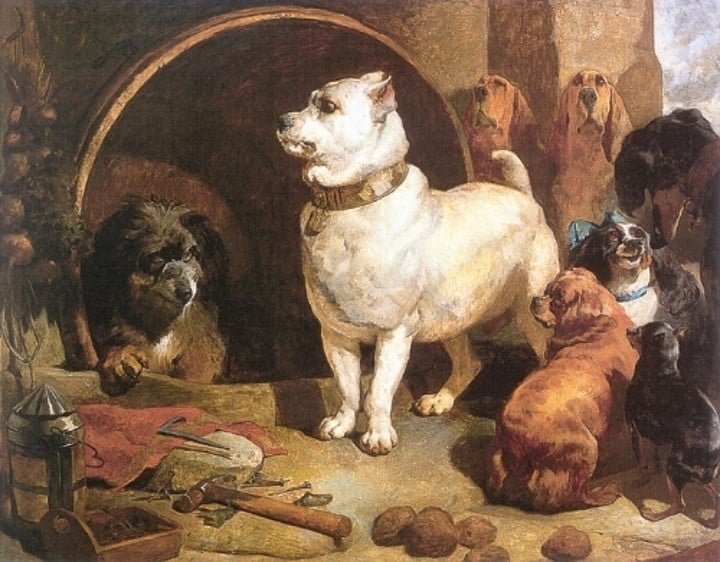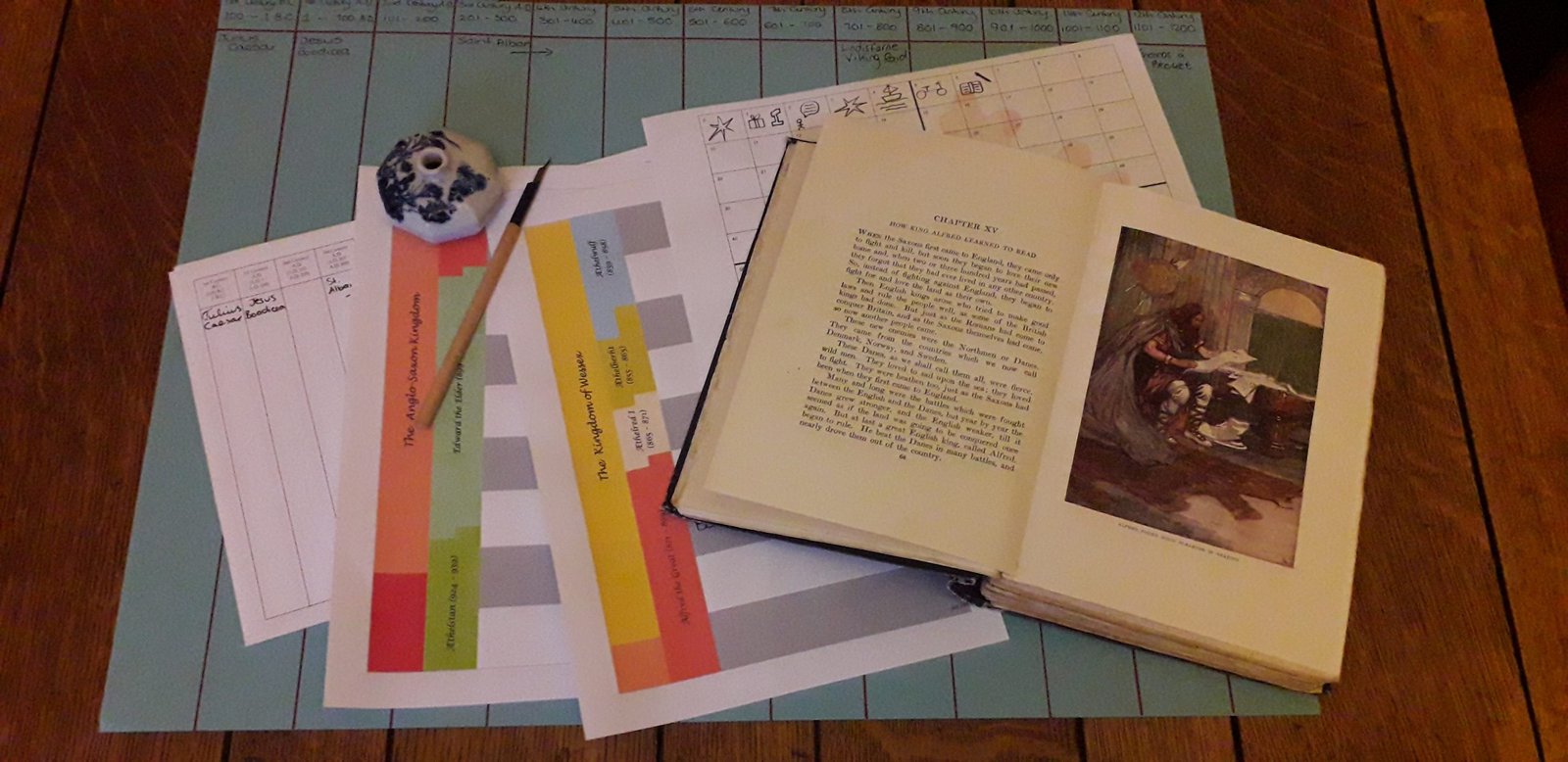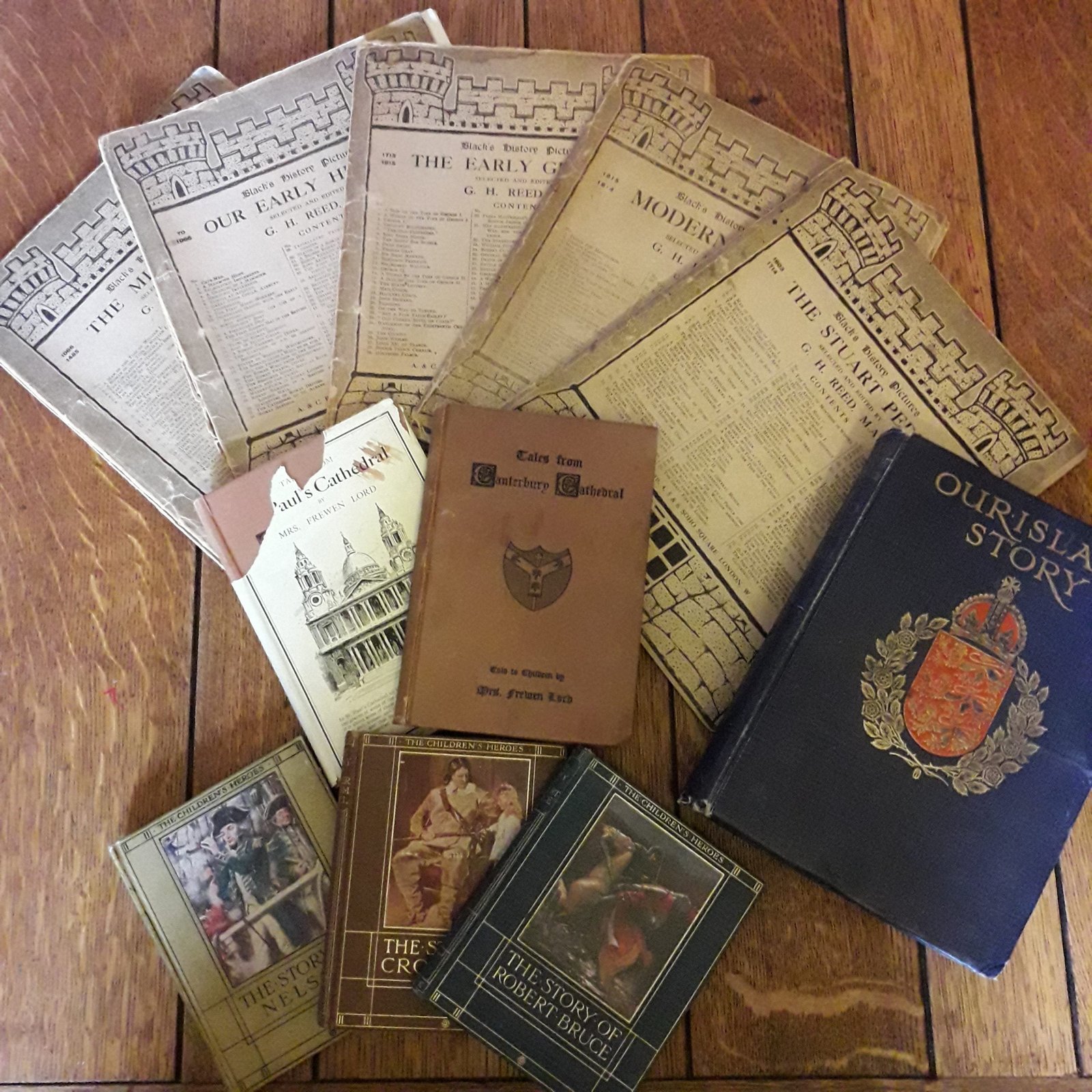“Musical Appreciation, of course, has nothing to do with playing the piano. It used to be thought that ‘learning music’ must mean this, and it was supposed that children who …


“Musical Appreciation, of course, has nothing to do with playing the piano. It used to be thought that ‘learning music’ must mean this, and it was supposed that children who …

A highly unique and beautiful addition to Charlotte Mason’s programmes, Sunday reading was an optional proponent to be taken on this most sacred day. As a way to honour the …

“But let the imaginations of children be stored with the pictures, their minds nourished upon the words, of the gradually unfolding story of the Scriptures, and they will come to …

“It is not possible to do more than mention two more important subjects––the Handicrafts and Drills––which should form a regular part of a child’s daily life […] The Handicrafts best …

“The art training of children should proceed on two lines. The six-year-old child should begin both to express himself and to appreciate, and his appreciation should be well in advance …

Note.–– The following extract has been taken directly from volume 1, Home Education, by Charlotte M. Mason, pp. 309-311. Objects 1. To continue the series of Landseer’s pictures the children …

To help visualise historical events in their respective time period, Charlotte Mason suggested making use of timelines or date charts. Although none of these charts were specified as required work …

Scheduling 2 × 20 minute lessons per week. The second lesson is optional. The P.U.S. programmes state that “A second lesson to be taken on Saturday, 9.20-9.40, otherwise pages read …

“For the matter for this intelligent teaching of history, eschew, in the first place, nearly all history books written expressly for children; and in the next place, all compendiums, outlines, …

“The child should speak beautiful thoughts so beautifully, with such delicate rendering of each nuance of meaning, that he becomes to the listener the interpreter of the author’s thought.” [Vol. …